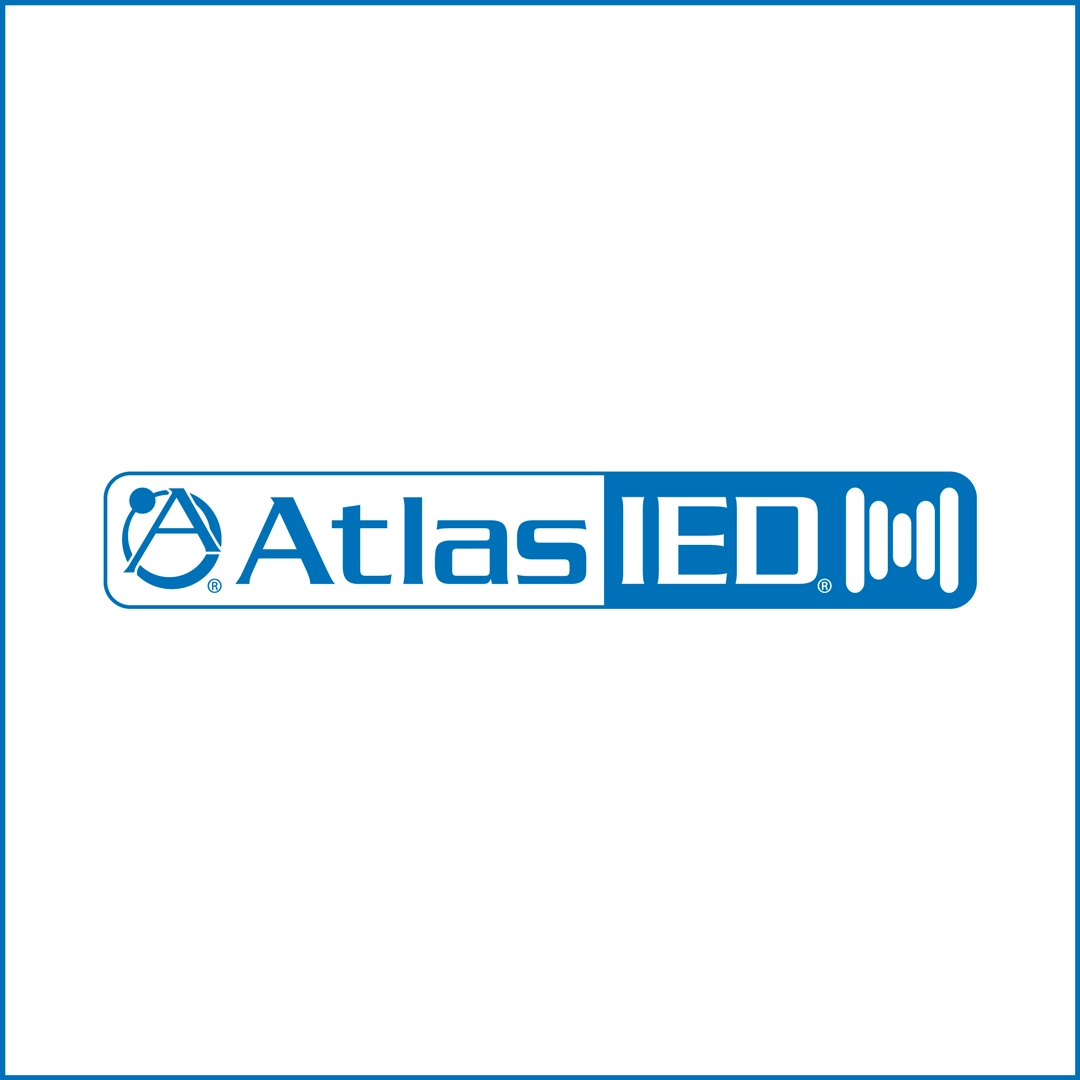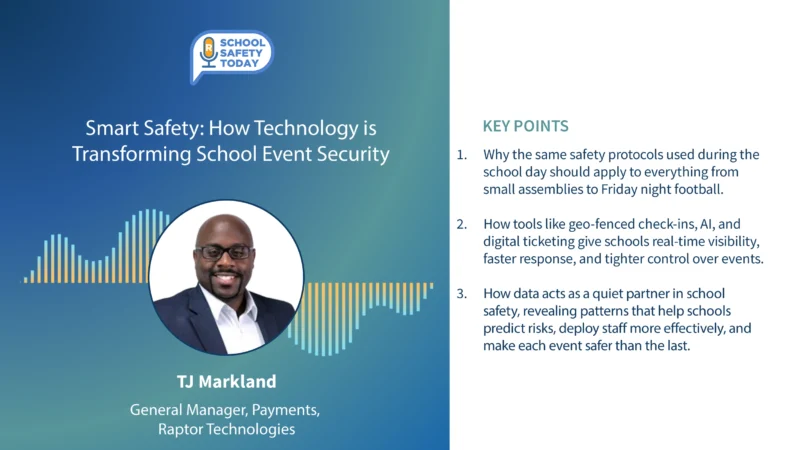Redefining Classroom Safety with Advanced, Automated Volume Control in IP Speaker Systems
Manny Kitagawa discusses the importance of volume control in AtlasIED’s IP speaker systems, particularly in school environments. Here’s a summary of the key points:
AtlasIED’s IP speaker systems differ from traditional analog systems in terms of volume control. Unlike analog systems, which might have volume knobs in each classroom, IP speakers are set to an appropriate volume for the room and are not intended to be manually adjusted.
The decision to omit volume controls in classrooms is by design, aiming to prevent someone from inadvertently lowering the volume and potentially missing critical alerts, such as evacuation instructions.
AtlasIED designs its systems with a primary focus on ensuring campus safety, with everyday uses considered as part of the overall package.
Volume levels are carefully calibrated to suit the ambient noise of the room. Contractors or resellers can measure the daily noise level in a classroom and adjust the speakers to play just above this level, ensuring the sound is clearly audible without being disruptive or annoying.
In the case of a critical alert, the system can be set to play as loudly as possible to serve as a distraction. This is done to protect individuals who might be hiding during an emergency situation, concealing sounds of panic or conversation.
AtlasIED’s systems allow for different volume levels to be set for different events or messages. For example, the volume for a drill might be set differently than the volume for a real emergency event.
The goal is to have a system in place that is fully automated and requires no manual interaction beyond activating the necessary event, ensuring critical alerts can’t be missed due to human error in volume adjustment.




